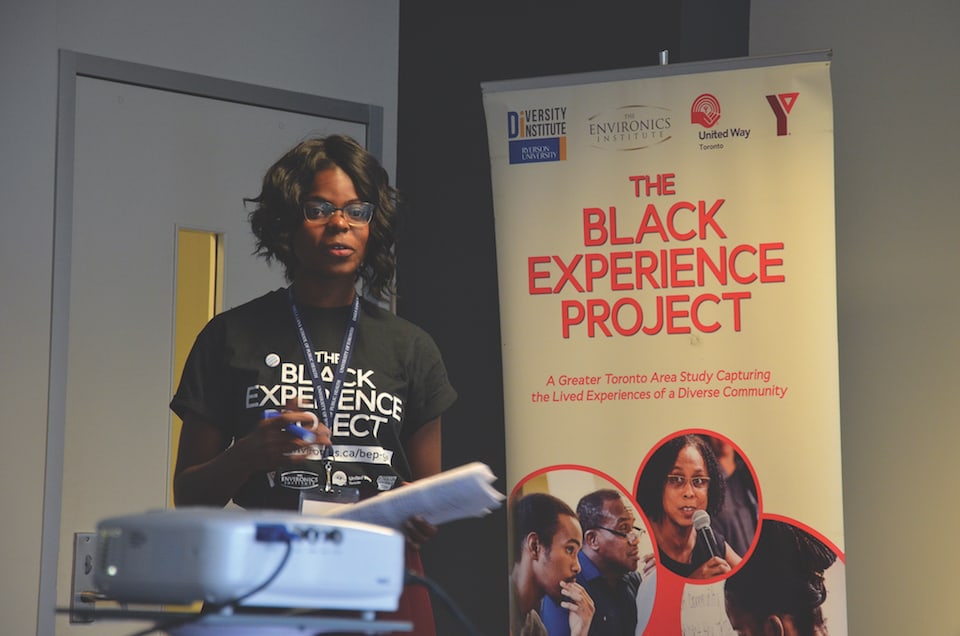The intersection of race and public health is one of the most pressing equity issues in our society today, according to students from the Dalla Lana School of Public Health (DLSPH), who recently held their annual public health student-led conference on the topic. The conference, titled ‘Racial Justice Matters: Advocating for Racial Health Equity,’ was held last weekend, and focused on race as a social determinant of health, and one whose penetrating reach into our social and public health spheres has resulted in stark racial inequities.
Attracting around 200 delegates from a variety of institutions and disciplines, Racial Justice Matters discussed not only some of the root causes of racism, but also how they have systemically affected the health outcomes of racialized peoples. The scope of the conference content was broad, with topics ranging from the consequences of racism to potential evidence-based solutions. The conference included significant discussion on indigenous peoples, immigrant communities, and refugees.
The inception of the Racial Justice Matters theme for this year’s DLSPH conference stems from the release of several reports such as the Truth and Reconciliation Commission of Canada: Calls To Action Report, and the “Racialization and the Health Inequities in Toronto” report by Toronto Public Health. The co-chairs, a team of four masters of public health students, believe that “racism and racial health inequities are a hidden and serious concern with detrimental consequences for all people in Canada.”
The conference featured dialogue about some distinctively Canadian case studies and topics, such as food security for Aboriginal communities and refugee healthcare. I was lucky enough to attend some compelling breakout sessions. One comprehensive concurrent session was led by Dr. Meb Rashid, the co-founder of the Canadian Doctors for Refugee Care, who talked about the myriad issues facing newcomers to Canada and the the affects of healthcare cuts for refugees.
Another session shifted the discussion of racial justice to geography: Dr. David Roberts examined various case studies — colonial Bombay, Vancouver’s Chinatown, Hurricane Katrina, and Toronto’s “Priority Neighbourhoods” — to understand how “built form” creates vulnerable populations within a city, and the historical context that has led to such neglected spaces.
Other breakout sessions brought together various community stakeholders, such as the Black Experience Project, No One is Illegal, and the Alliance for South Asian AIDS Prevention, to discuss issues like racialized health in the digital age and institutional racism.
Based on three pillars — critical research, internal reform, and public advocacy — the conference engaged public health researchers through a ‘Research and Practice Showcase.’ Some delegates also had the opportunity to participate in “action-oriented” workshops at the Toronto-based Wellesley Institute, focusing on research and policy-based solutions to population health issues as related to racial health inequities.
The conference ended with a plenary session focused on “serving the diverse ethnocultural communities” of both Toronto and Canada. Speakers Baldev Mutta from the Punjabi Community Health Services in the Peel Region, and Marvelous Muchenje from Women’s Health in Women’s Hands, gave their perspectives on the importance of local community health services, addressing public health issues that intersect with race.
The Racial Justice Matters conference engaged the broader Toronto community on just how important race is as a factor in shaping the health outcomes of certain communities. The unique multicultural fabric of Canadian society demands a very different and adaptive approach towards an equitable public health system, and it is one that necessitates in-depth research and effective policy action rooted in respect and understanding.


